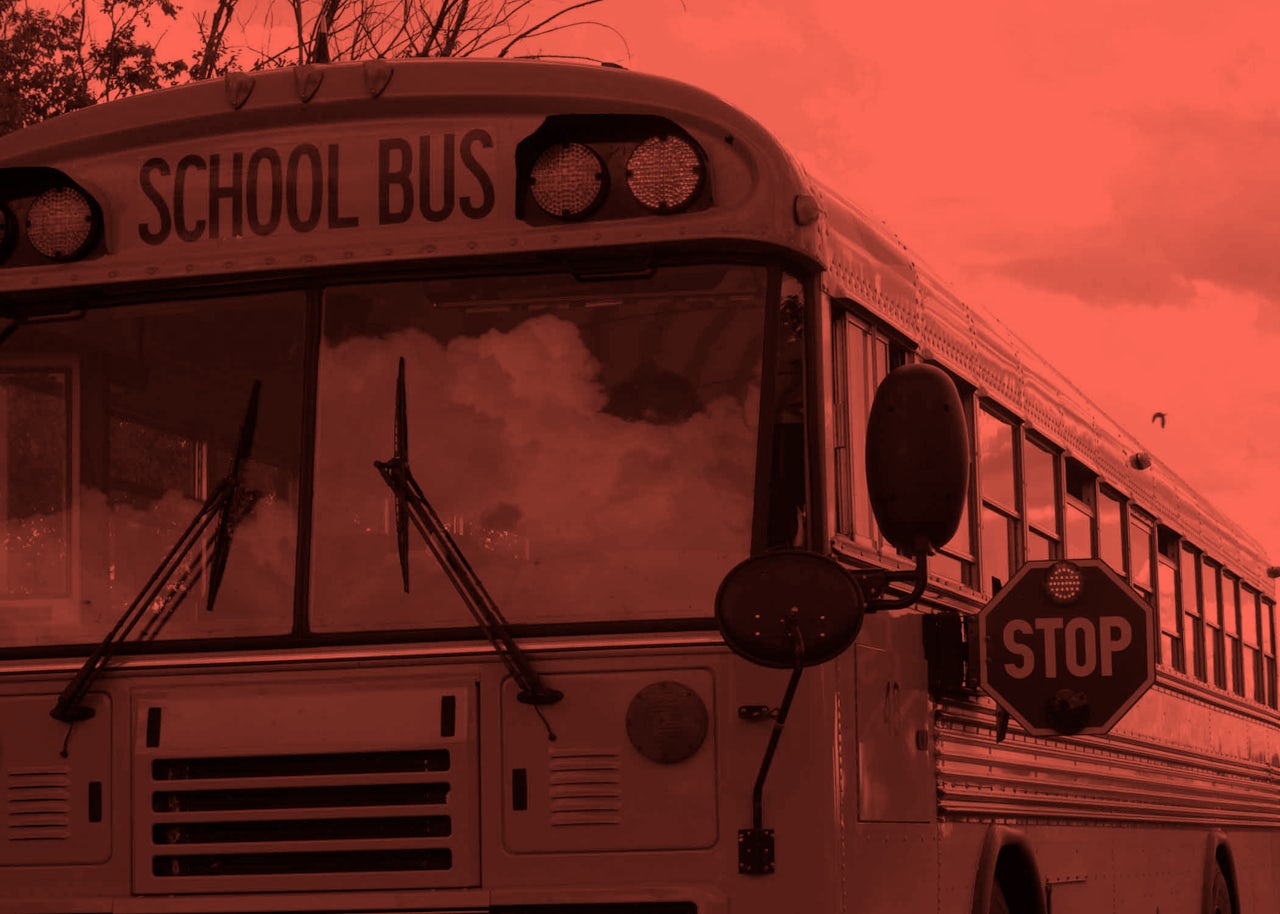Microsoft is partnering with the internet service providers Merit Network, Inc. and Allband Communications as a part of Microsoft’s initiative to provide rural broadband in 12 states between now and 2022. The latest target of this initiative: public school buses in the rural school district of Hillman, Michigan. But as of right now, it’s unclear how the internet service providers Microsoft is working with would protect the data of these children. Microsoft declined to comment on the record. Merit did not return requests for comment.
Per Microsoft’s filing to the Federal Communications Commission (FCC) last Wednesday, its partnership with Allband would entail Allband installing television white spaces (TVWS) radios to the Hillman buses. TVWS radios tap into unused television wavelengths and are meant to offer a cheaper alternative to cable internet.
According to Allband’s privacy policy, the company “does not knowingly” gather sensitive information about customers that might be minors, though it does receive and collect customer proprietary network information — or telecom data about such as the location or time of phone calls — and shares it to third parties, with notice to the customers. It also includes “personal information,” but the privacy policy does not clarify the precise definition of personal information.
Ron Siegel, the general manager of Allband Communications, confirmed in an email that the “personal information” of Hillman students would not be collected and shared to third parties. Siegel also said that Hillman students would use their school username and password in order to connect to their internet services, and that the radio conneciton is encrypted between the bus and the towers.
Rural broadband initiatives from Microsoft are already underway in states like Georgia, Kansas, and Maine, but none of them have targeted school buses specifically. But according to Microsoft’s FCC filing, this new project “will allow students without suitable connections at home to complete assignments that require broadband Internet access while they are on their way to and from school.”
Notably, students have always been central Microsoft’s broadband plans. According to reporting by Bloomberg, Microsoft was visiting rural schools as early as November 2016 and interviewing students who sat in library parking lots to use Wi-Fi for homework. It's unclear how much homework can possibly get done within the chaos of a school bus. But school bus rides in rural areas can take up hours of a student's day, so the desire to tap into that time is understandable.
The big question is what exactly could or would happen to the data of these students, especially considering the precedent for public Wi-Fi projects grabbing, tracking, and storing user data in exchange for public Wi-Fi. In 2013, Google was fined $7 million for using its StreetView cars to collect internet traffic, passwords, and emails from homes with unencrypted Wi-Fi. The LinkNYC project in New York City, which uses over 7,500 public kiosks to connect people to Wi-Fi, initially retained user’s web traffic data indefinitely. Even after ending this practice in 2017, LinkNYC continues to store information like IP addresses and device identifiers for up to 60 days, and footage of people using the kiosks for up to a week.
The Hillman school district was previously considering making a deal with Central Michigan University, according to reporting by [The Alpena News]http://www.thealpenanews.com/news/local-news/2018/02/hillman-board-oks-memorandum-of-understanding/), which would have provided public broadband on the buses. But they ultimately opted to partner with Microsoft, Merit, Allband, and Gigabit Libraries Network, a group that advocates for broadband in libraries specifically.
Nearly a quarter of Americans in rural areas don’t have access to broadband internet, which creates a gap in information access for the economically disadvantaged and people of color. The possibility of children and teenagers being forced to make privacy compromises for the sake of internet access is a troubling consequence of the broadband access gap.
Update 3/11/2018 4:55 PM: This article originally stated it was unclear whether Microsoft, as a third party, would receive either transmitted data or metadata from the school bus installations. After the time of publication, Microsoft clarified that it has no deal in place to receive data transmitted to the ISP, Allband. Microsoft affirmed that the TVWS hardware it is providing to the project, manufactured by 6Harmonics, is incapable of accessing, collecting, or transmitting any kind of metadata. Allband has yet to respond to queries regarding how it will manage the data. The article has been updated throughout.
